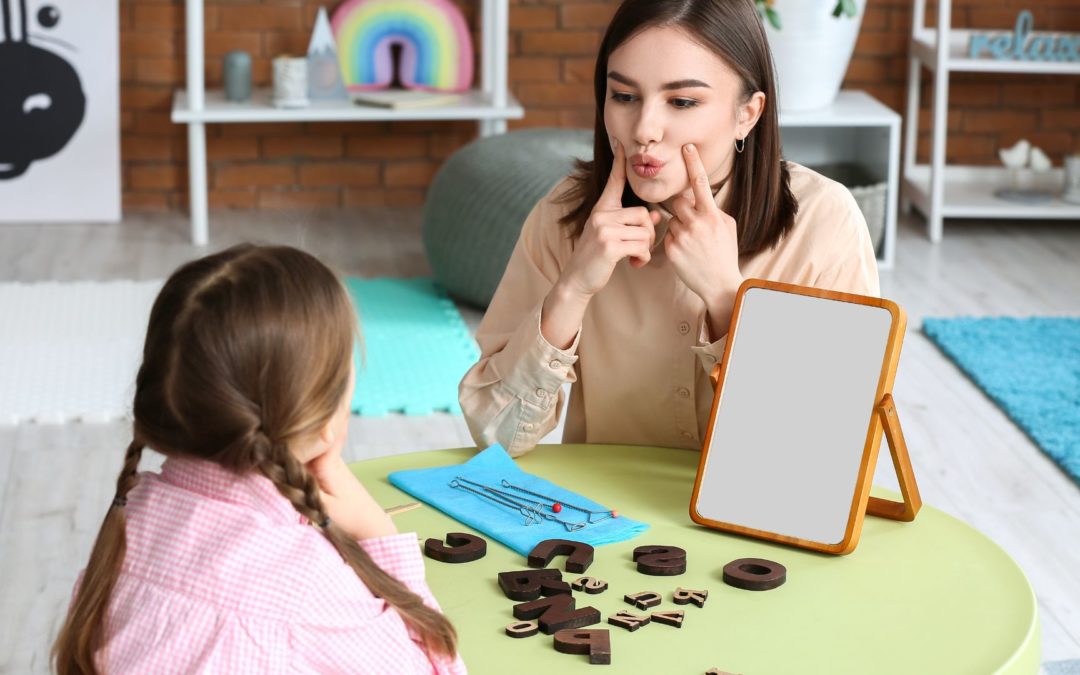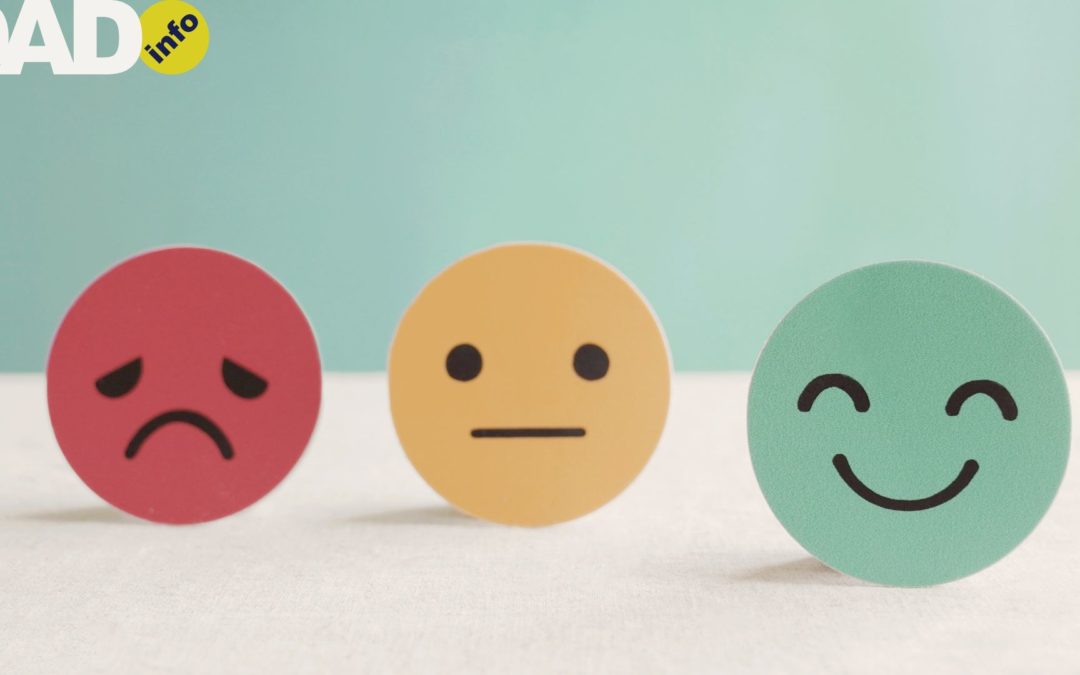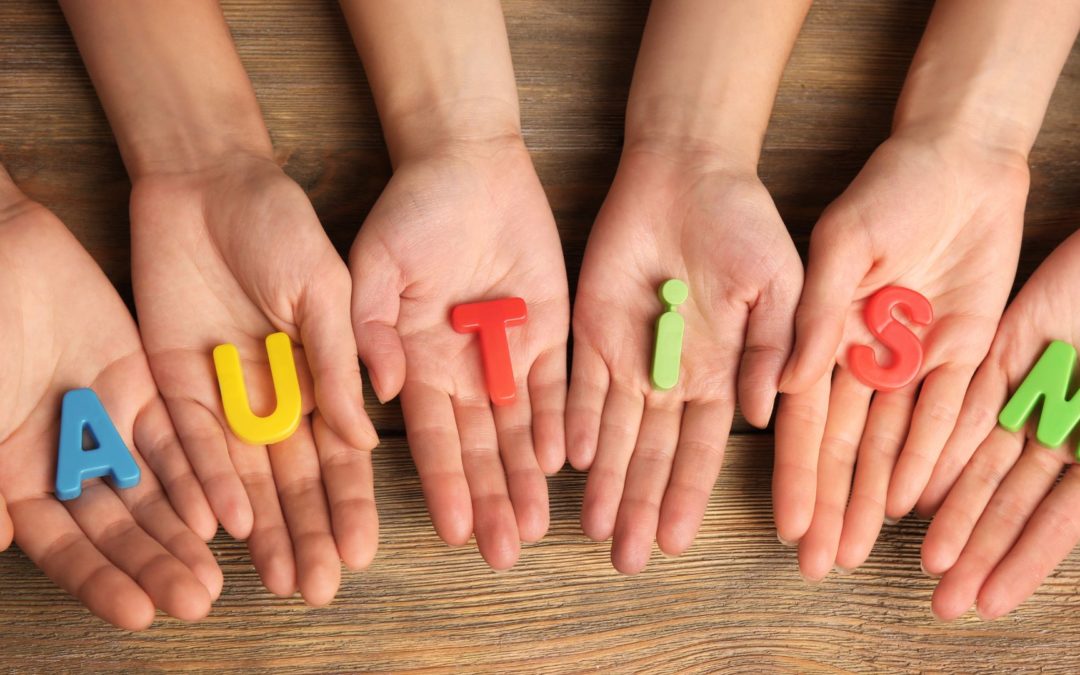
In recent years the rates of self-harm in young people have doubled. It’s thought that social media pressure and the lasting effects of the pandemic may be a contributing factor, but for each child their reasons for self harming will be different.
Debbie Pattison, Clinical Lead of Counselling at Spurgeons, shares her tips for parents below.
Why do children self-harm?
‘The actual harming can be a way of them knowing they’re alive- feeling that pain almost- and it also releases the overwhelming emotions that they’re feeling,’ explains Debbie.
Other reasons why young people self-harm include:
- trying to feel in control
- punishing themselves
- relieving unbearable tension
- cries for help
- response to intrusive thoughts
- bullying
- pressure
- family arguments
- money worries
- low self esteem
- anxiety or depression.
How parents can support self-harmers
‘As a parent you might be shocked, you might be horrified, you might feel shame or wonder what you did wrong, but it’s important to not feel you’re a bad parent,’ says Debbie. ‘Stay calm, try and comfort the child, talk to them and keep them safe. Invite them to share their feelings with you, rather than react to the self-harm by saying ‘you’re not doing that again’.’
Debbie believes that supporting your child can be a vital lifeline for self-harming young people. ‘Put your arm around them, tell them you love them and that “we are in this together, I will support you”,’ she says.
Ways that parents can help
- Make a self-soothe box. This can include a number of items that help the child think of happier times- maybe photos, a cuddly toy, a treasured item or a calming book
- Place an elastic band around their wrist, which can be snapped against the skin when distressed, rather than turning to self-harming
- Getting regular physical activity, which helps reduce stress and anxiety
- Encourage the child to journal their feelings, and the thoughts they were grappling with when they self-harmed/ wanted to self-harm
- Taking part in a stick-figure drawing activity: draw two stick figures on two pieces of paper, and give one to yourself and one to your child. ‘Tell them to write all the things they think of themselves around their stick figure, good and bad,’ says Debbie. ‘The parents can do their one about the child too- how they see the children may differ. You can gently challenge the bad stuff that the kids may have written- e.g. I’m fat. The mum or dad could say “thats not how I see you”.’
‘In general for parents with a self-harming child it’s a case of trying not to panic, not blame themselves, and try not to feel guilty. Get as much help as you can from the GP or professionals as you can,’ says Debbie.
If you find your child has self-harmed then administer first aid by cleaning the wound and dressing it. However, if you are concerned for their safety you can take them to A&E, who will alert the crisis team.
Further support and useful links
CalmHarm– the app that helps users resist self-harming
Shout– the 24/7 text message service
Further reading
How parents can help save their children from self-harm









